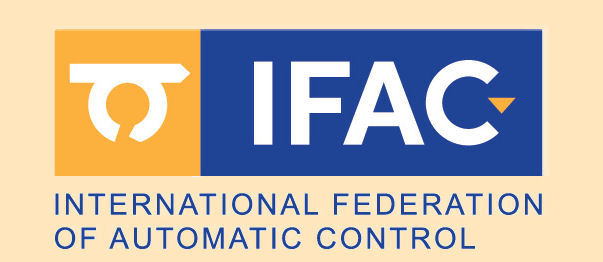| Paper FrAT2.6
Goebel, Kai (AIT Austrian Institute of Technology GmbH), Staderini, Vanessa (AIT Austrian Institute of Technology GmbH), Lorang, Pierrick (Tufts University - Austrian Institute of Technology), Zips, Patrik (AIT Austrian Institute of Technology GmbH)
Integrating LLMs and Classical Planning for Pallet Logistics: A Case Study
Scheduled for presentation during the Regular Session "Robot Task Planning" (FrAT2), Friday, July 18, 2025,
11:40−12:00, Room 106
Joint 10th IFAC Symposium on Mechatronic Systems and 14th Symposium on Robotics, July 15-18, 2025, Paris, France
This information is tentative and subject to change. Compiled on August 2, 2025
|


 This site is protected by copyright and trademark laws under US and International law.
This site is protected by copyright and trademark laws under US and International law.